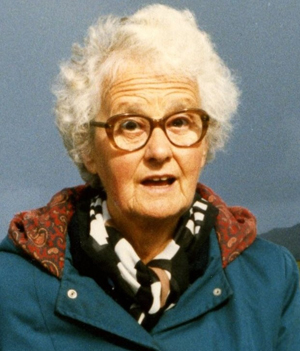
Your complimentary articles
You’ve read all of your complimentary articles for this month. To have complete access to the thousands of philosophy articles on this site, please
If you are a subscriber please sign in to your account.
To buy or renew a subscription please visit Subscriptions.
If you are a print subscriber you can contact us to create an online account.
Articles
A Golden Manifesto, Part II
Mary Midgley continues her recollection of a golden age of female philosophy.
In the first part of this essay (in Issue 116), I suggested that philosophers have been wrong in thinking that they were engaged in a hunt for a single and infallible answer to moral questions. They can hope to get nearer to right answers, to get further from some demonstrably wrong ones, and to get a better grasp of the kind of wrongness that is causing most trouble here. But none of this will be final.

Mary Midgley
© Martin Midgley 2011
In his book of 1739, A Treatise of Human Nature, David Hume famously claimed that it was impossible to logically derive judgments about values, about what ought to be the case, solely from facts about the world.
…









